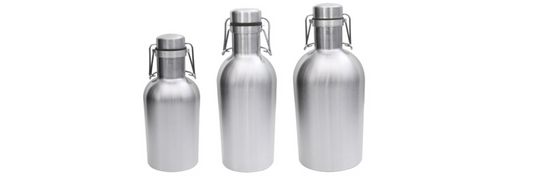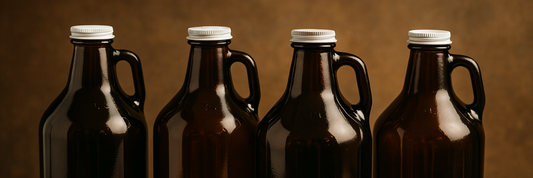In today’s environmentally conscious world, more people are turning to eco-friendly alternatives for everyday products, and disposable bamboo plates are gaining popularity. These plates, crafted from a renewable resource, offer both functionality and sustainability, making them a fantastic choice for individuals and families. This article explores bamboo plates, their advantages, and their various applications, while answering some commonly asked questions about their safety and usability.
What Are Bamboo Plates?
Bamboo plates are dining utensils made from bamboo, one of the fastest-growing plants on Earth. Unlike traditional plastic or ceramic plates, bamboo plates are biodegradable, renewable, and often free from harmful chemicals. They come in various styles, including disposable bamboo plates and reusable versions designed for long-term use.

Benefits of Bamboo Disposable Plates
Eco-Friendly and Sustainable
Bamboo is a renewable resource that grows quickly without the need for pesticides or fertilizers. Using bamboo plates reduces reliance on plastic and paper plates, cutting down on landfill waste.
Durable and Lightweight
Despite being lightweight, bamboo plates are surprisingly sturdy. They resist cracking and breaking, making them an excellent option for both children and adults.
Safe for Health
High-quality bamboo plates are free from BPA, phthalates, and other harmful chemicals. This makes them a safe choice for serving food, especially for kids and babies.
Aesthetic Appeal
Bamboo plates offer a natural, earthy look that enhances the presentation of meals. They are perfect for events, parties, or everyday use at home.
How Are Bamboo Plates Made?
The production of bamboo plates begins with harvesting bamboo stalks, which are then cut, processed, and shaped into plates. Some plates are made entirely from bamboo fibers, while others are bonded with food-safe resins for added strength. Disposable bamboo plates often retain the natural texture of bamboo, while reusable ones may be polished for a smooth finish.
Bamboo Plates vs. Other Plate Options
Bamboo vs. Plastic Plates
- Environmental Impact: Bamboo plates are biodegradable, while plastic plates can take hundreds of years to decompose.
- Health: Bamboo plates do not contain harmful chemicals like BPA.
Bamboo vs. Paper Plates
- Durability: Bamboo plates are sturdier and less likely to soak through with liquids.
- Sustainability: While paper plates often require trees to be cut down, bamboo regenerates quickly.
Are Disposable Paper Plates Recyclable?
Applications of Bamboo Disposable Plates
Everyday Use at Home: Bamboo plates are great for family meals, especially for households looking to adopt sustainable practices.

Events and Parties: Disposable bamboo plates offer a stylish and eco-friendly alternative for weddings, birthdays, and outdoor events.
Kids' Mealtime: Bamboo plates for kids are lightweight, colorful, and safe, making them a favorite for parents and children alike.
Are Bamboo Plates Safe for Babies?
Yes, bamboo plates are safe for babies, provided they are made from natural bamboo without harmful chemicals. Many brands produce plates specifically for infants and toddlers, ensuring they meet stringent safety standards. These plates are non-toxic, free from dyes, and durable enough to withstand drops.
When selecting bamboo plates for babies, look for certifications or labels confirming they are food-safe and BPA-free. Some bamboo plates even come with silicone suction bases to prevent slipping during mealtime.

Caring for Bamboo Plates
To ensure your bamboo plates last long:
- Wash them by hand with mild soap and warm water.
- Avoid soaking them for extended periods.
- Do not place them in the dishwasher, microwave, or oven unless specified as safe by the manufacturer.
FAQs About Bamboo Disposable Plates
Are bamboo plates microwave-safe?
Most bamboo plates are not microwave-safe unless explicitly labeled as such.
Are Disposable Plates Microwaveable?
Can bamboo plates be reused?
Yes, reusable bamboo plates are designed for multiple uses and can last for years with proper care.
How long do bamboo disposable plates take to decompose?
Bamboo disposable plates decompose within 3-6 months under ideal composting conditions.
Are bamboo plates waterproof?
Reusable bamboo plates are often treated to be water-resistant, while disposable plates may not hold up well with excessive liquids.
Are bamboo plates good for hot food?
Yes, bamboo plates can handle hot food, but prolonged exposure to very high temperatures should be avoided.









